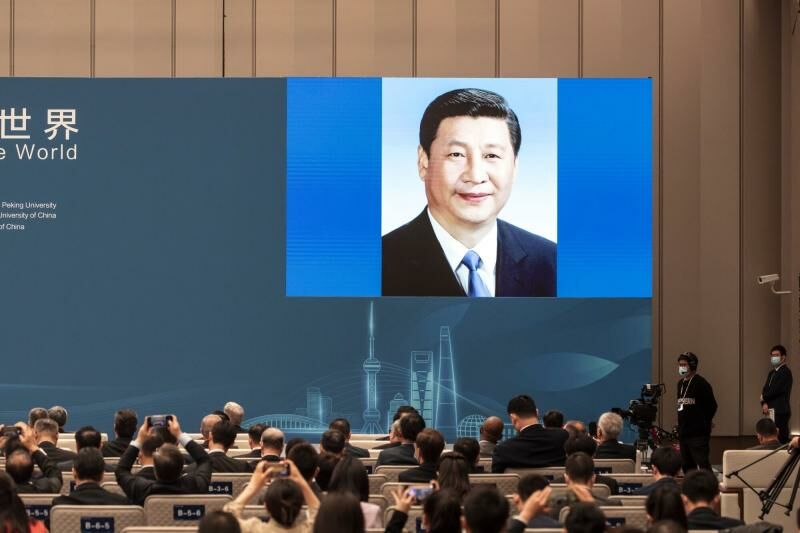Chinese diplomat defends Beijing’s modernisation strategy, responds to accusations over Taiwan

Chinese Foreign Minister Qin Gang stood firm in defending his country’s development path during a forum attended by foreign business bigwigs on Friday, whilst issuing a stark warning that China will refuse to back down on Taiwan.
Qin announced at the start of Shanghai’s illustrious Lanting Forum, co-organised by the government, that “China has discovered a path to modernisation and devised a new form of human progress all on its own.” He went on to emphasise that “modernisation should not result in the rich getting richer and the poor getting poorer, nor should it pander to the interests of just a handful of countries or individuals,” reports Bangkok Post.
The foreign minister also addressed accusations that China is changing the status quo in relation to Taiwan. This comes after Beijing conducted three days’ worth of military exercises around Taiwan earlier this month, in a blatant display of anger following Taiwan President Tsai Ing-wen’s meeting with House Speaker Kevin McCarthy in California. Quite pointedly, Qin argued that “such claims are in direct opposition to basic common sense on international relations and historical justice … the rationale is preposterous, and the consequences perilous.”
These remarks highlight Beijing’s sweeping resolve to effectively counteract what it perceives as America’s attempts to suppress its evolution and interfere in Taiwan – the democracy situated just off China’s coast, which it has vowed to incorporate under its wing.
The US looks set to ramp up its restrictions on China’s tech ambitions, influenced in part by national security-related anxieties. Sources have revealed that US President Joe Biden intends to sign an executive order over the coming weeks, limiting investment in crucial aspects of China’s economy from US businesses. They have also claimed that the US has briefed its Group of Seven counterparts on investment restrictions for cutting-edge industries and hopes to secure endorsement during next month’s leader’s meeting in Japan – although other nations are not expected to reveal similar limitations simultaneously.
This comes in the wake of tariffs imposed on Chinese imports by former US President Donald Trump and recent attempts to restrict the export of critical American technologies. Moreover, the US has endeavoured to encourage nations, including Japan and the Netherlands, to decrease their exports of advanced chips.
US Treasury Secretary Janet Yellen admitted in a speech delivered in Washington on Thursday that the administration was willing to accept economic consequences in order to protect US national security interests from the threat posed by the world’s second-largest economy. However, she simultaneously requested that Beijing collaborate on shared global concerns.
In response, Chinese President Xi Jinping slammed the US’s actions, denouncing them as “comprehensive containment and suppression led by Western countries.” During his speech to an audience of high-profile company executives, including HSBC Holdings Plc Chairman Mark Tucker and Mercedes-Benz Group AG CEO Ola Kallenius, Qin restated that in lieu of arms supply, China seeks “peaceful solutions” to international conflicts, including the current war in Ukraine.
However, the 12-point peace proposal for Ukraine devised by China earlier this year has been rejected by the US and other nations on the grounds that it would maintain Russian troops on Ukrainian territory. The US has additionally issued a stern warning to China against offering lethal assistance to Moscow.
Latest Thailand News
Follow The Thaiger on Google News:


























